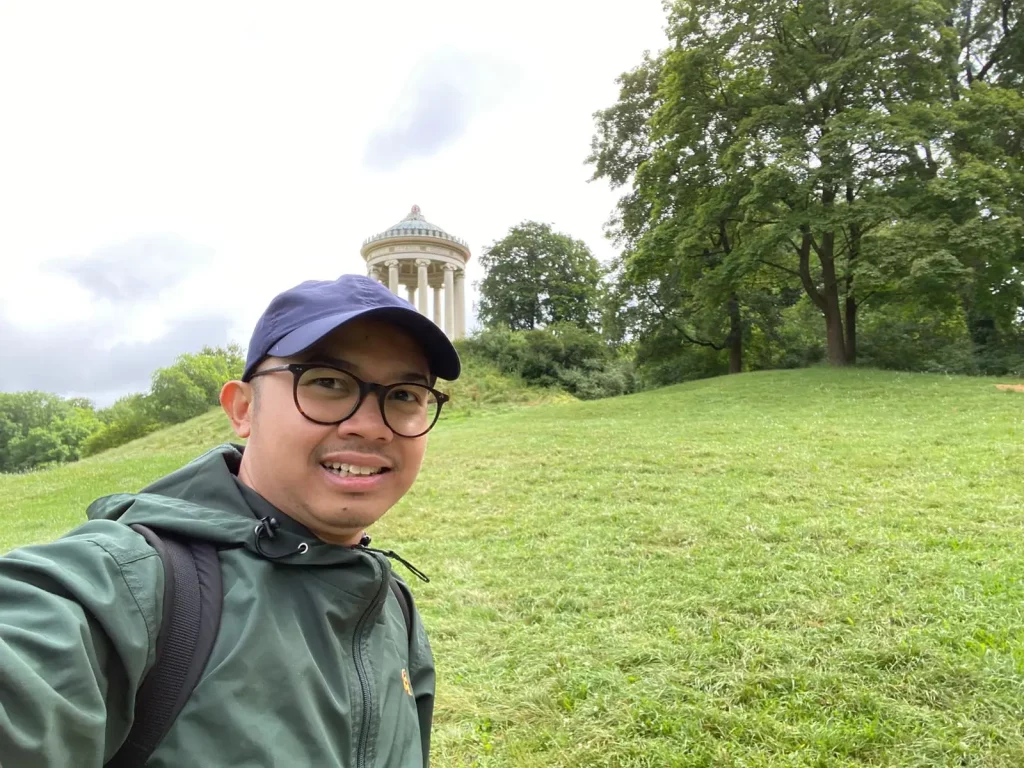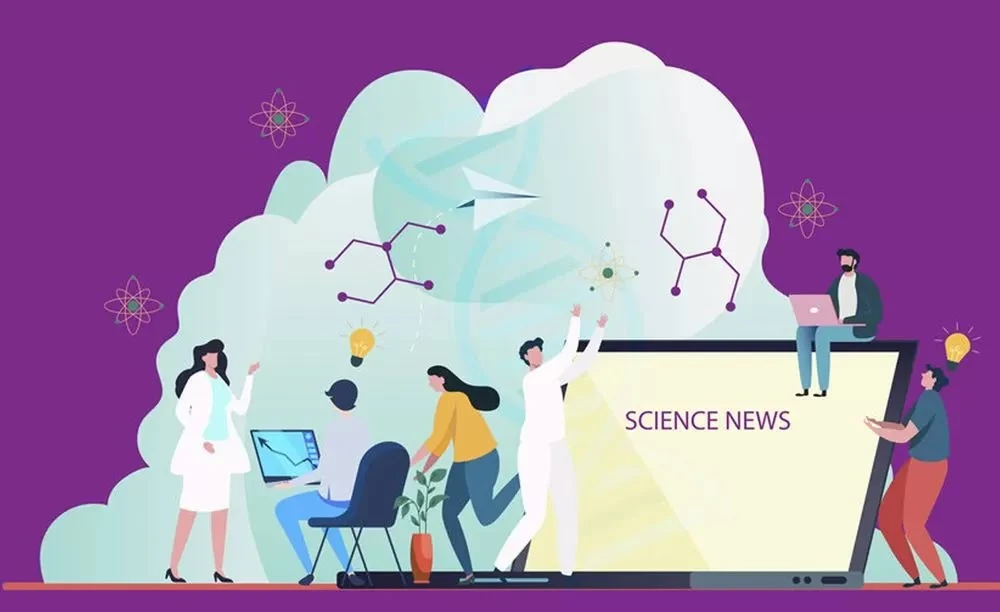UNAIR NEWS – Science Journalism is gaining more recognition in today’s fast-moving digital information landscape. The rapid flow of information, which often leads to the spread of disinformation and misinformation across social media platforms, creates a new opportunity for Science Journalism to play a significant role.
Though it is often seen as a branch of Journalism, Science Journalism has distinct characteristics that set it apart from other journalism ‘genres.’ Ilham Akhsanu Ridlo, SKes, MKes, a lecturer at the Faculty of Public Health (FKM) Universitas Airlangga (UNAIR), explains that science journalism does not merely adhere to the general code of ethics in Journalism.
Ridlo pointed out that Science Journalism is essential in simplifying scientific knowledge, making it more understandable to the general public. He also highlights the need for the science communication ecosystem to delve into the scientific processes behind social phenomena. This includes the research experiments, the benefits derived from them, and the impact on society.
“Science Journalism must adhere to the principle of serving the public, with the aim of providing useful information. For instance, during the pandemic, science journalism played a vital role in delivering accurate and unbiased informational guidance to the public,” said Ridlo.
Ridlo explained that his interest in Science Journalism research was sparked by his experiences as an academic during the pandemic. While developing his dissertation proposal, he recognized the importance of in-depth studies to enhance the effectiveness of health policy advocacy during times of crisis.
“I view Science Journalism as an effective means to highlight research that supports evidence-based policy-making. It is also a way to popularize science among the broader public, including policymakers and the general public,” he explained.
As a Health Policy lecturer, Ridlo believes that Science Journalism has significant potential to bridge the gap between scientific research and health policy. He also highlights the crucial contribution of Science Journalism, particularly in addressing global issues such as planetary health.
“As a lecturer and researcher, we are expected to identify new areas of study. I noticed a gap that has not been widely explored by others, which prompted me to focus on Science Journalism,” he said.

Career prospects
Ridlo sees a bright future for Science Journalism. For instance, Australia and Singapore offer positions for science communicators and journalists within research institutions and university public relations offices. In Europe, where Ridlo is currently studying, many research projects offer opportunities in science, technology, and health. However, he adds that careers in this field still depend heavily on the scientific climate, media industry, and digital ecosystems in each country.
“Our media environment significantly influences the reach of science-based contents. In Indonesia, several challenges hinder the development of science journalism, while in Europe and the United States, this profession has seen rapid growth,” Ridlo observed.
Ridlo added that science journalists could also act as researchers to better understand public perceptions of science. Additionally, they may pursue careers as independent science communicators.
“Although this field faces challenges from the growth of social media and digital ecosystems, science will remain a relevant and important topic in the future,” he added.
Ridlo also emphasized the importance of collaboration between journalists and scientists to ensure the public receives high-quality information. Besides mastering scientific concepts and journalistic skills, Ridlo pointed out that thorough preparation and keeping up with global trends are keys to success in Science Journalism.
“Science journalists need to verify their reports with scientists since scientific knowledge is often highly specific and complex. Conversely, scientists benefit from journalists who can simplify scientific jargon to make it accessible to the general public,” Ridlo concluded.
Author: Aidatul Fitriyah
Editor: Edwin Fatahuddin









